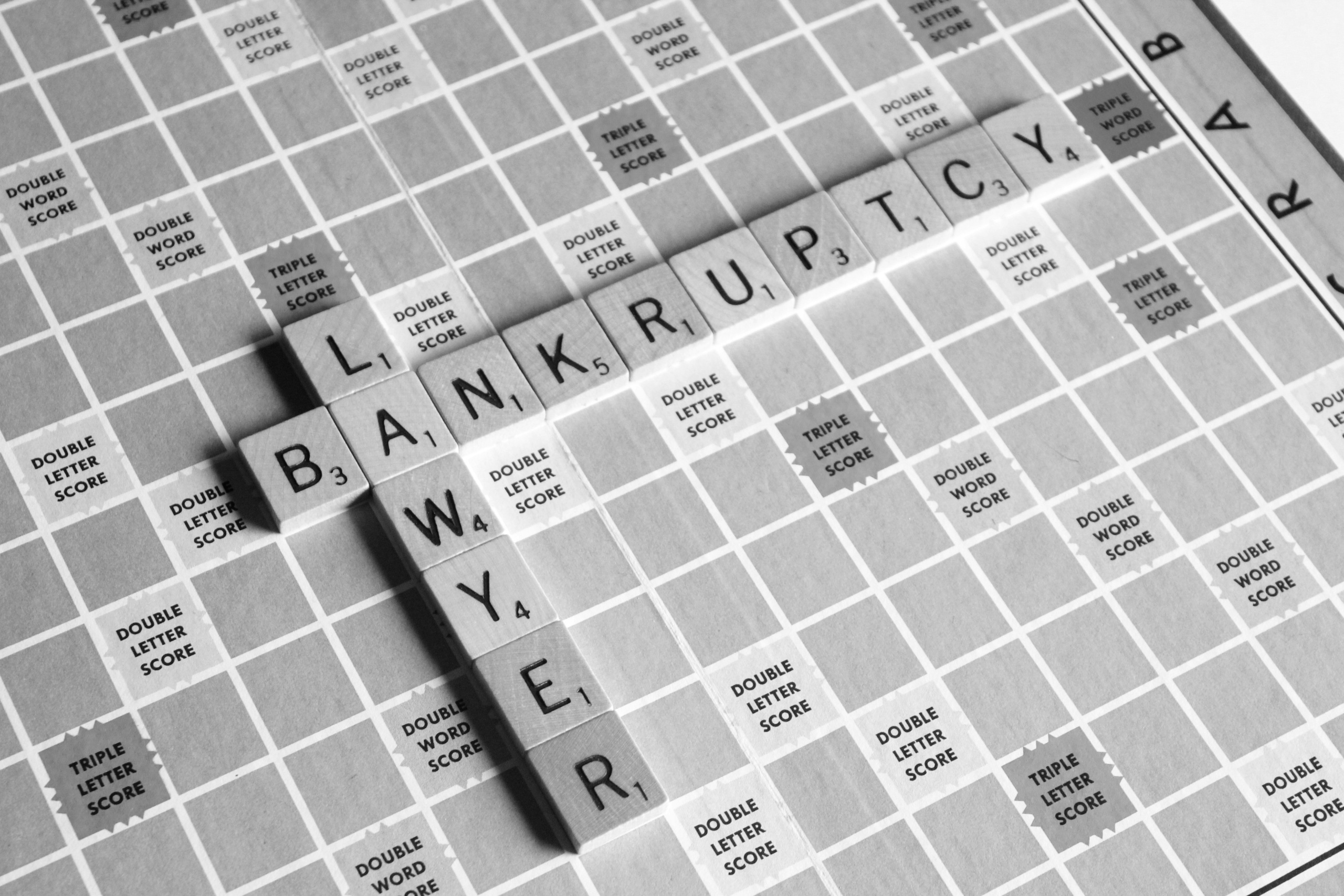Bankruptcy laws in the United States are complex, with each state offering its unique interpretation and application of the federal guidelines. This variation underscores the importance of consulting with a local legal expert, especially for residents and businesses in specific locales such as Livingston, New Jersey, where nuances in the law can significantly impact the approach to filing for bankruptcy. A knowledgeable bankruptcy lawyer in NJ is crucial for understanding these distinctions, particularly when it comes to navigating the intricate requirements related to debt and income levels that determine eligibility for filing under various chapters of bankruptcy.
Chapter 11 bankruptcy stands out as a critical resource for companies facing financial distress, providing a mechanism for reorganization rather than liquidation. This chapter is ideally suited for businesses whose future revenues are anticipated to exceed the potential proceeds from asset liquidation. By filing for Chapter 11, a company can reassure its creditors of a higher repayment probability through a structured reorganization and payment plan. During this process, the company becomes a “debtor in possession,” retaining control over assets and continuing business operations under the watchful eye of the court.
The Chapter 11 Bankruptcy Process
The initiation of Chapter 11 bankruptcy requires a company to make a full disclosure of its assets and liabilities, laying the groundwork for negotiations with creditors. This transparency is crucial, allowing creditors to exercise their right to scrutinize the debtor’s financial situation. A disclosure statement, pivotal in this phase, must provide creditors with sufficient detail to assess the feasibility of the proposed reorganization plan. This document’s approval by the court marks a significant milestone in the bankruptcy law process, setting the stage for the development and presentation of a reorganization plan.
Reorganization and Confirmation
The heart of Chapter 11 lies in the reorganization plan, which outlines the debtor’s strategy for repaying creditors while maintaining operational viability. Creditors, categorized into various classes based on the nature of their claims, play a vital role in this phase by voting on the plan. The court’s approval is contingent upon a consensus among the creditors, particularly those within the “impaired” classes who stand to recoup only a portion of their original claims. While company stockholders also have a say in the approval process, their influence is secondary to that of the creditors and the court. Successful confirmation of the plan sets in motion the execution phase, often involving a third-party “plan agent” responsible for overseeing the fulfillment of payment obligations.
The Path to Recovery
The reorganization period under Chapter 11 marks a critical juncture for the company, with its stock value potentially at its lowest. However, successful navigation through this period can lead to a resurgence in value as the company regains its operational footing. Part of the reorganization strategy may include provisions for bondholders to recover a portion of their investment, a testament to the flexible yet structured approach to financial recovery facilitated by Chapter 11.
Failure to adhere to the reorganization plan can trigger severe repercussions, including the appointment of a trustee to oversee the company’s operations or, in dire circumstances, the conversion of the bankruptcy to Chapter 7, signaling the company’s dissolution. This potential outcome underscores the importance of diligent compliance with the reorganization plan and the critical role of legal guidance throughout the Chapter 11 process.




